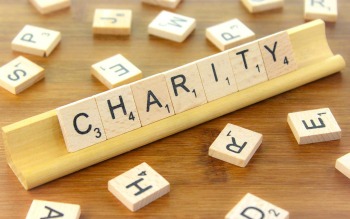Poverty is not only a third world problem. There are plenty of homeless people even in a progressive country like America. But being poor does not necessarily mean you have to live on the streets.
 Entrepreneurs feed on consumerism. Many consumer goods and services are sold and marketed as essential needs when in reality they aren’t. For example, do you need to change your phone every time major telecom companies release a new model?
Entrepreneurs feed on consumerism. Many consumer goods and services are sold and marketed as essential needs when in reality they aren’t. For example, do you need to change your phone every time major telecom companies release a new model?
With the growing need to acquire stuff, people feel that what they have is not enough. Hence, they forgot to share to others who are desperately in need when they themselves feel that they are lacking. It is why the religious sector is stepping in and gives back to the people what the government can’t always provide.
Religious groups are reclaiming their role from the welfare state, says Anne Danks of the Trussell Trust. It does not always make for an easy relationship with government. Their existence highlights the fact that the welfare state is not plugging the holes, she says. “Sometimes we need to speak hard truths to people in power in order to help the marginalised.”
American contemporaries should learn from the Brits and look after their own poor.
…One in four British charities—nearly 50,000 in all—is faith-based, says Rachel Wharton of New Philanthropy Capital, a think-tank. Half of all charities working in overseas aid have religious roots. Such groups receive nearly a quarter of the total income of registered charities in England and Wales—about £16bn ($20bn) a
